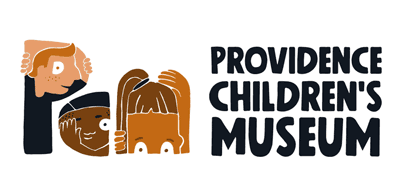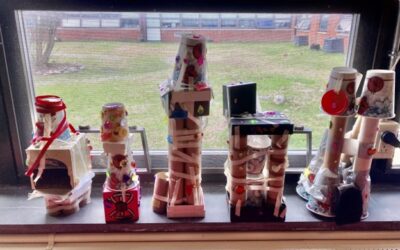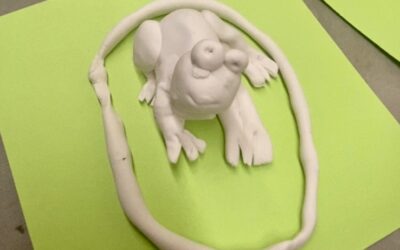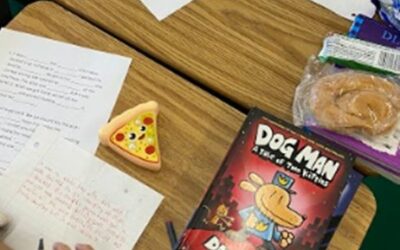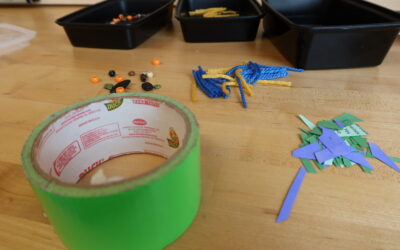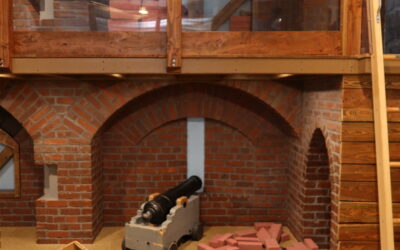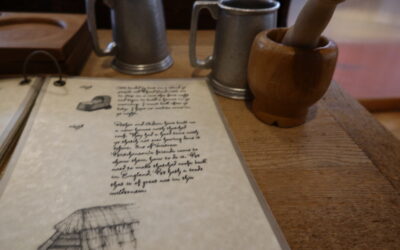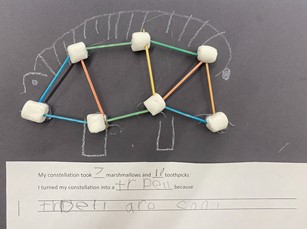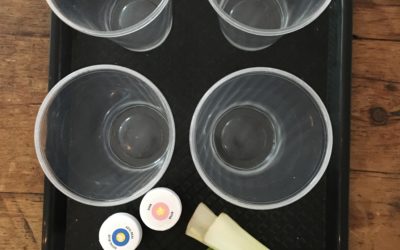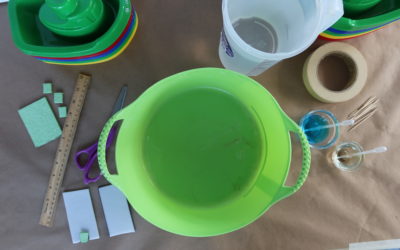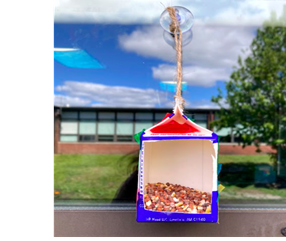For Educators
We are the champions of play.
Play isn’t killing time. It’s creating character.
Everything we want from our children is already in them. And play is how they unlock it.
Building Stability Challenge
Students will be engaged in a design process that involves imagining and being inspired, asking questions, researching, planning, creating, and improving their models.
This process supports students’ ability to apply important concepts and gain skills in design thinking and making; engineering and physical science.
Playful 3D Rainforest Animals
Let’s be artists and scientists as we research and explore rainforest animals!
Interdisciplinary Art Lesson with a Connection to ELA Rainforest Unit in Grade 5
Children will discover animals of the rainforest through playful construction using 3 dimensional materials. This lesson connects directly to the Grade 5 ELA curriculum, in which students will research biodiversity in the rainforest and respond to their learning through writing prompts. However, the ELA connection does not need to be incorporated to complete this lesson. Children could instead research and choose a rainforest animal as the inspiration for their 3D animal form.
Writing Roulette
Engage students in a collaborative and creative writing process that builds stamina and reinforces craft. Taking turns, three pairs of students will respond to a story starter. Each pair has a role in the creation of a common group narrative.
This lesson targets story elements and structure, but Writing Roulette can be used for expository or opinion writing as well.
Different Experiences, Different Perspectives
This lesson/activity explores what shapes a child’s identity. It provides children a vehicle to examine how they see themselves, how they see others, and how others may see them. It touches upon the themes of awareness, perspective, equality, empathy, the shared experiences that can help build a community, and the individual experiences that make us unique.
What a Wall!
Fort Adams was built in 1799 in Newport, Rhode Island by the United States Navy to protect Narragansett Bay. In this lesson inspired by the Coming to Rhode Island exhibit, students will become masons and explore how to build Fort Adams. This challenge encourages students to explore how important materials, design, and testing are to the process of building a strong structure.
Journaling the Journey
In this lesson inspired by the Coming to Rhode Island exhibit at the Providence Children’s Museum, students will write a journal entry about immigrating to America, and more specifically, Rhode Island. This lesson encourages students to explore the immigration journey of others, including why people chose to come to America, how people came to America, and the challenges people face in getting to America. Students will also have the opportunity to share and connect to their own families’ immigration story.
Constellation Creation
This lesson is part of a big Space unit in Kindergarten. Students connect to stars all the time, whether it be stargazing at night with their family or wondering about why stars are so bright. This is a great lesson to help deepen their understanding about the extraordinary world of stars and the importance that constellations played in history. This lesson incorporates science, art, literacy and math in an engaging hands-on activity.
Where Did All the Water Go?
As plant researchers, we have grappled with how to water our plants when we are away for the weekend or vacations. We figured it out! Now, we need to figure out where the water goes after we put it in the soil. Everything that is absorbed into the soil affects what we harvest from the earth. Plants help us to survive in many ways. How can we help them?
Let’s Learn A-Boat Surface Tension
“Let’s Learn A-boat Surface Tension” encourages students to experiment with various substances and analyze their effects on the surface tension of water. They will utilize no-cost and readily available materials to work with their peers, families, and teachers to create a boat that uses surface tension to propel it across the surface of a container of water. Experiments such as this promote critical thinking skills, foster scientific reasoning, and encourage cooperation and perseverance.
Backyard Birding
Birdwatching is a great way to study nature. Children love to observe and identify birds to learn more about them. This bird-watching activity can help children learn about birds, and increase their knowledge about the many types or species of birds native to Rhode Island.
